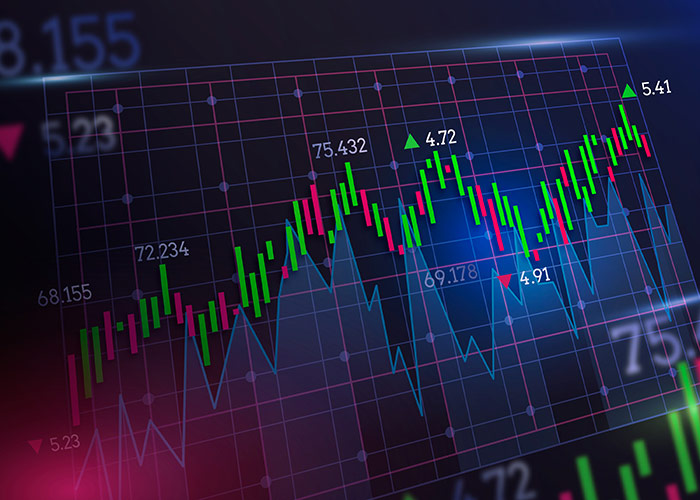
What is Trading? A Comprehensive Overview
Trading is the act of buying and selling financial assets in various markets with the aim of making a profit. While it may sound straightforward, the world of trading is vast and complex, encompassing a variety of instruments, strategies, and psychological factors. In this article, we will delve into what trading is, its different types, the markets involved, and the essential skills required for success.
Understanding Trading
At its core, trading involves the exchange of assets. These assets can include stocks, bonds, commodities, currencies, and cryptocurrencies. Traders seek to capitalize on price fluctuations; by buying low and selling high, they aim to generate profit. Trading can occur on various scales, ranging from high-frequency trading that occurs within milliseconds to long-term investments held for years.
Types of Trading
- Day Trading: This involves buying and selling assets within the same trading day. Day traders often make numerous trades throughout the day, capitalizing on small price movements. This method requires quick decision-making, strict discipline, and a deep understanding of market trends.
- Swing Trading: Swing traders look to profit from price changes over a period of days to weeks. They analyze charts and patterns to determine entry and exit points for trades. This type is less stressful than day trading, as it does not require constant monitoring of the markets.
- Position Trading: Position traders hold assets for the long term, sometimes for months or even years. They base their decisions on fundamental analysis, focusing on economic indicators and overall market trends rather than short-term price movements.
- Scalping: This is a very short-term trading strategy where traders make dozens or hundreds of trades a day, aiming for small profits on each trade. Scalping requires significant time, effort, and precision.
- Algorithmic Trading: Utilizing computer algorithms, traders can execute orders at high speeds based on predefined criteria. Algorithmic trading can analyze vast amounts of data and make decisions far faster than a human trader, making it popular among institutional traders.
Markets for Trading
Several marketplaces allow for trading various financial instruments:
- Stock Market: Traders buy and sell shares of publicly traded companies. Stock exchanges, such as the NYSE and NASDAQ, serve as platforms for these transactions.
- Forex Market: The foreign exchange market is where currencies are traded. It operates 24/5 and is the largest financial market globally, facilitating trades among banks, companies, and individuals.
- Commodity Market: This market deals with physical goods like gold, oil, and agricultural products. Traders may speculate on price changes or hedge against risks.
- Cryptocurrency Market: A relatively new and rapidly growing market, cryptocurrencies like Bitcoin and Ethereum are traded on various exchanges. Trading here can be highly volatile and risky due to fluctuating prices.
Psychology of Trading
One of the most critical aspects of trading is psychology. Emotions can significantly impact decision-making, with fear and greed being the primary culprits. Successful traders learn to control their emotions and adhere to their trading plans. Developing a strong mindset allows traders to maintain discipline, enabling them to stick to strategies without succumbing to impulsive decisions.
Essential Skills for Traders
To become a successful trader, several skills are essential:
- Analytical Skills: Traders must be able to analyze market trends, charts, and economic indicators. Both technical and fundamental analysis skills are vital.
- Risk Management: Effective risk management strategies are crucial for pres
erving capital. Traders should understand how to assess risk-reward ratios and use stop-loss orders to limit losses.
- Discipline and Patience: Trading requires a clear plan and the discipline to stick to that plan, even during turbulent market conditions. Patience is essential when waiting for the right trade opportunity.
- Adaptability: Markets constantly change, and traders must be willing to adapt their strategies in response to new information and market conditions.
- Continuous Learning: The financial markets are dynamic. Successful traders continually educate themselves about market trends, new strategies, and economic factors.
Conclusion
Trading is an intriguing field that combines financial knowledge, analysis, and psychology. While it offers the potential for significant profits, it also comes with substantial risks. Aspiring traders must invest time in education, develop a robust trading plan, and work on their psychological resilience. Whether engaging in day trading or investing for the long term, understanding the principles of trading is essential to navigate the complex and often unpredictable world of financial markets successfully.












